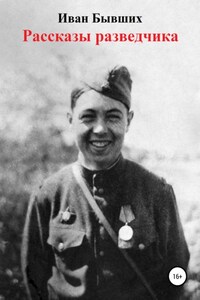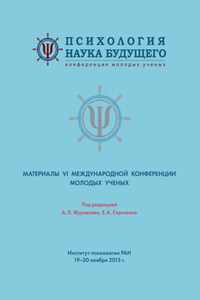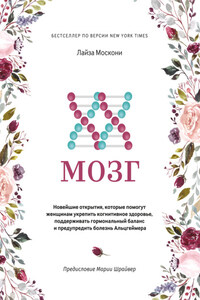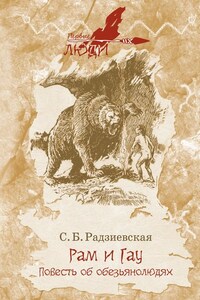The USSR. Moscow – France. Paris. 1963-1964.
The rising autumn sun has barely touched the roofs of morning Moscow, giving rise to long, transparent shadows. The golden light seemed to illuminate the city from beneath against the violet-blue sky and its orange clouds. The streets were already abuzz with that special bouquet of sounds typical of large cities.
From the outside the massive KGB building made of gray and pink granite on Dzerzhinsky Square looked calm and majestic. Inside the building, filled with offices, dungeons, archives, life was in full swing.
Major Anatoly Lazarev of the Special KGB Division sat in the chief's office and listened attentively to the information for his new assignment. He sat there pensively, running his hand through his light brown hair, which stuck out slightly from the top of his head giving its owner a slightly cocky appearance. General Yershov relayed amazing things, which is why the major’s eyes, deep blue with specks of gold, expressed, both, interest and confusion.
Major Lazarev has worked enough in the KGB and has long learned not to be surprised at anything, not to react in any way to various orders that he had to carry out. Inborn tact and excellent upbringing helped to maintain composure in critical circumstances, but it was also his distinguishing feature, one might say a life principle. Now he found himself ready not to believe what he heard. General Yershov introduced him to the course of affairs, identifying the main points and tasks. The new assignment turned out to be rather unusual.
The fact that always, both before and after the October Revolution, the special services monitored the life and movements of the Russian royal family, as well as all their close relatives, did not surprise Lazarev. But the fact that Emperor Nicholas II and his wife Alexandra Feodorovna, in addition to the well-known children Olga (1895), Tatiana (1897), Maria (1899), Anastasia (1901) and Alexey (1904), had another girl, but her birth carefully concealed, caused some wave of mistrust and interest.
The girl was born in 1907, after the birth of the heir to Alexey. The Emperor and his wife very much hoped for the birth of another son, but alas, the Empress gave birth to another daughter. Since the political situation in Russia at that moment was extremely tense, the announcement of the birth of the fifth girl would have been a shock for everyone and could have serious political consequences.
The royal spouses understood perfectly well that Tsarevich Alexey was in poor health, and a considerable number of male relatives from the branches of the Romanov dynasty were ready to inherit the royal throne and hoist themselves on it with great pleasure. Therefore, the birth of the Empress took place in an atmosphere of complete secrecy. Immediately after the birth of another daughter, but not a son, it was decided to give the girl to be raised in a reliable family in the Voronezh province.
Naturally, the Tracking Service took care of her life in a new family. The name was given to her Sophia. After the revolutionary events of 1917 and the change of power in the country, everything changed. Sometime later, the new government learned about the existence of a direct heiress of the royal blood in Russia. At the highest level, a decision was made – subsequent children will be born as possible from the successors of noble families, and all information about the real biological parents and about the foster families of these children will be recorded in the KGB archives. Thus, the royal blood will be maintained in the next generations in the same way as it was done for centuries before. And it doesn't matter if such children know about their noble origins or not.












